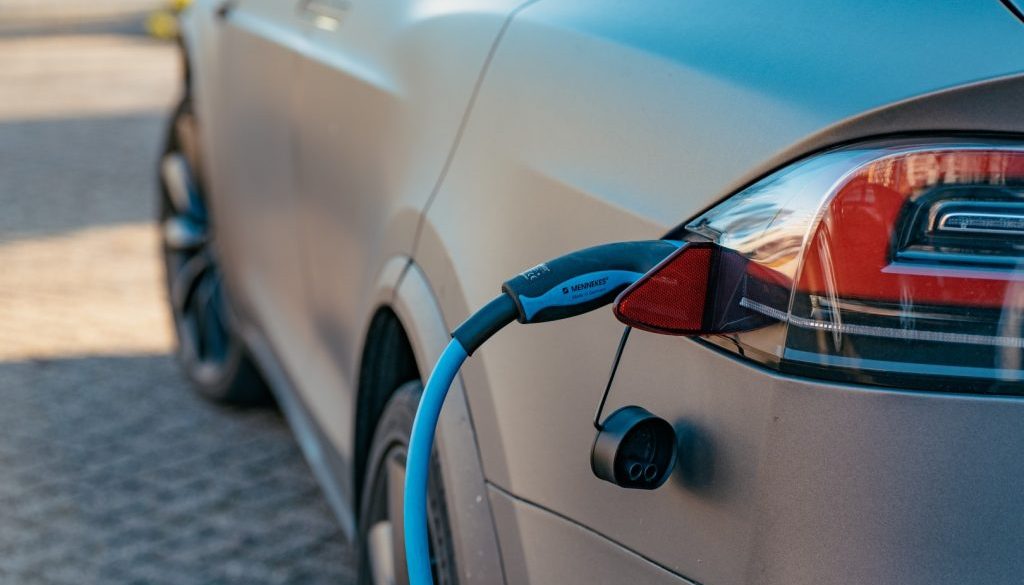The latest Federal Budget introduced by the new Federal Government has unveiled noteworthy changes, particularly for those contemplating the purchase of electric cars. While a comprehensive analysis of the Budget is forthcoming in the coming weeks, we find it pertinent to highlight a key announcement that may impact you directly, especially if you are considering acquiring an electric vehicle.
The Budget features what is termed as the Electric Car Discount, encompassing two significant components. Firstly, imported electric cars will no longer be subject to a 5% import tariff, resulting in a direct reduction of the sticker price by 5% upon implementation of these changes.
The second element, and arguably more impactful, pertains to the exemption of fringe benefits tax (FBT) for electric vehicles. Typically, businesses incur FBT when providing employees with cars for personal use, presenting a substantial deterrent for companies offering company cars. FBT calculations, intricate in nature, reveal that a $50,000 car could generate over $9,700 in FBT for the fiscal year 2022/2023. The removal of FBT for electric vehicles, given the starting price of around $50,000, significantly influences this equation.
This change carries two noteworthy implications. Firstly, employers offering cars to their employees now have a compelling incentive to opt for electric cars over traditional petrol or diesel-fueled alternatives. Secondly, more employers may find it attractive to provide cars to their employees, thereby potentially broadening the adoption of electric vehicles.
It’s important to note that many self-employed individuals utilising a company or trust structure likely qualify as employees of the respective entity. This shift can be advantageous for a considerable number of business owners.
The anticipated outcome is a twofold impact: a potential reduction in the cost of new electric cars due to the elimination of the import tariff and an increase in their availability attributed to the exemption of FBT. As the prevalence of electric cars rises, so too will societal acceptance, thereby fostering increased demand. Additionally, the Commonwealth has announced plans for an expansion of charging stations, and there will be heightened incentives for private entities to contribute to the necessary infrastructure for electric vehicles.
This shift may also extend to the second-hand market as a growing number of used electric cars become available over time. This development is crucial, as currently, second-hand electric cars command a premium compared to their non-electric counterparts.
Please make sure you speak to us prior to purchasing an EV for optimal tax effect.



